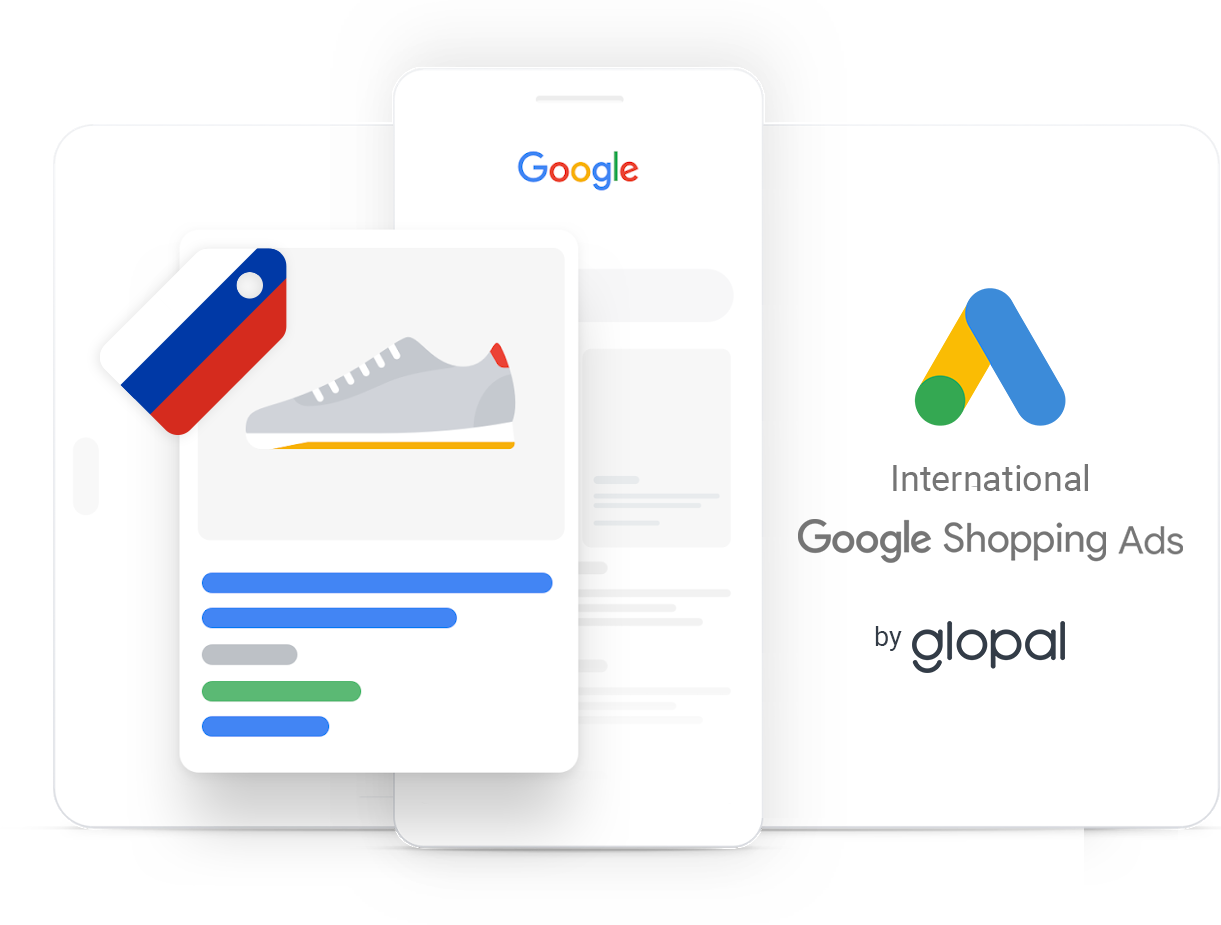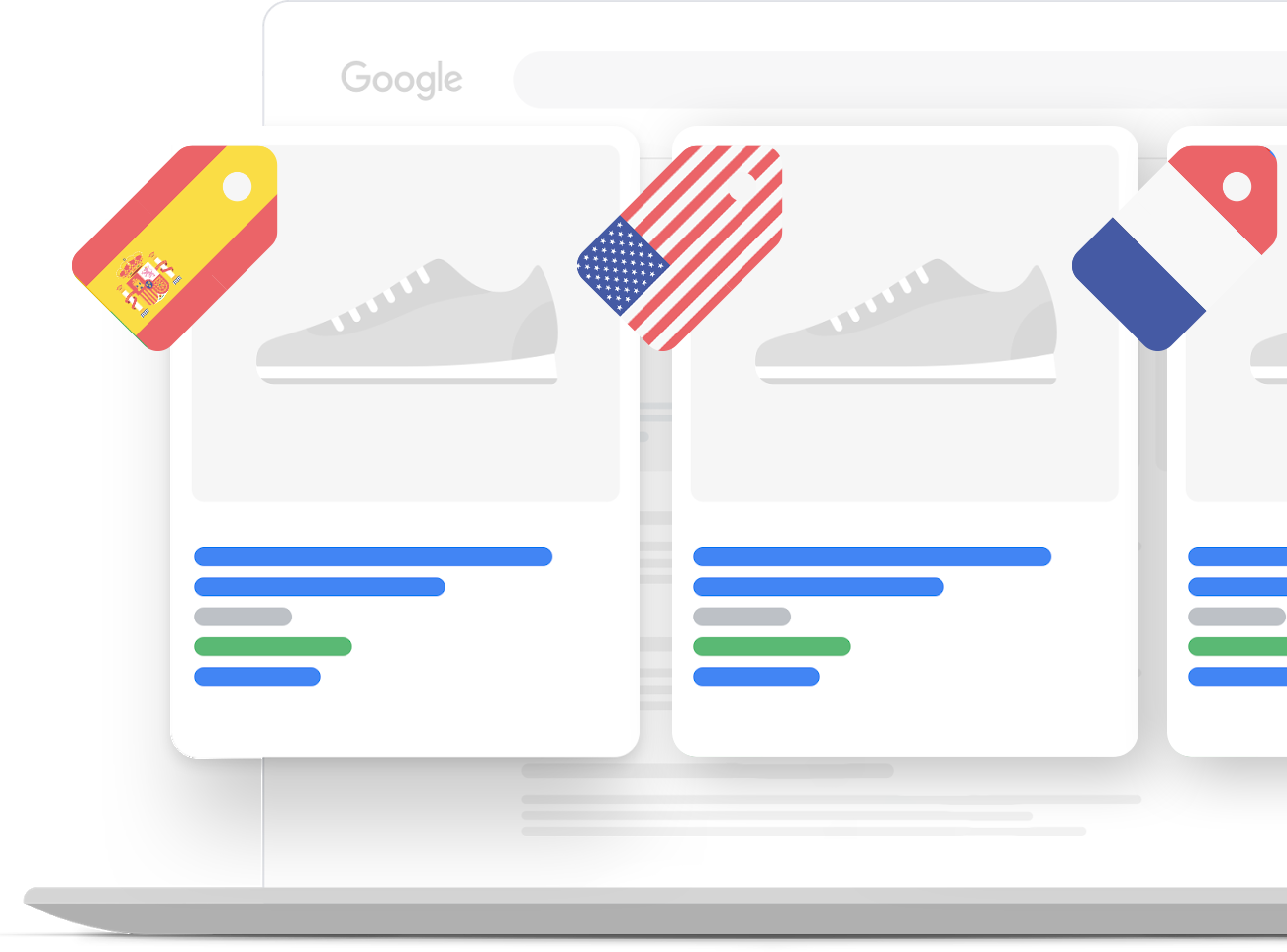Russia is a significant and modern ecommerce market. Google Shopping offers a simple, effective and highly visible way to enter the Russian ecommerce market and target Russia buyers. With a population of 145,934,462, Russia has an average annual ecommerce spend of €434 while the European average spend is €2,186

|
|
|---|
|
|
|
|---|---|
| Average CPC | €0.42 |
| Average CTR | 2.03% |
| Average spend per capita | €434 |
| GDP per capita | €10,846 |
| GDP | €1.29396 trillion |
| GDP growth rate | 2% |
| Population | 145,934,462 |
| Number of Internet users | 102,154,123 |
| Median age | 40 |
| Mobile ecommerce | 52% |
| Language(s) spoken | Russian |
| Currency | Russian Ruble (RUB) |
How to benefit from free visibility on Google Shopping in Russia |
|
Top sites
|
|---|
| 1. Aliexpress.ru |
| 2. Ozon.ru |
| 3. Eldorado.ru |
|
Top products & categories
|
|---|
| 1. Fashion |
| 2. Toys, Hobby & DIY |
| 3. Electronics & Media |
| 4. Food & Personal Care |
| 5. Furniture & Appliances |
|
Find out how to improve the |
Targeting international markets with Google Shopping Ads can often lead to an increased ROAS and reduction in CPC compared to your domestic market.
Click here to generate personalised report to show you which international markets have the highest potential for your store.
Acquiring traffic through Google Shopping Ads in Russia is often cheaper and will provide a better Return on Ad Spend than in your own domestic market.
Below are the average CPC rates in Russia across the top Google Shopping Ads categories.
In order to calculate the click-through rate (CTR) of a paid ad you divide the total number of clicks on the ad by the total number of impressions (i.e. the total number of people who saw the ad).
Below are the top ecommerce categories in Russia and the % of online buyers that have purchased in these categories.
Today Russia's B2C e-commerce market is worth €1.29396 trillion. Growth, however, is steady and is set to continue at an annual growth rate of around 2%.
Per capita the average annual online spend in Russia is €434.
Russia’s top ecommerce sites are:
Cross-border spending in Russia is growing, international e-commerce now accounts for 6% of total ecommerce spend in Russia. When Russian buyers choose to buy cross-border they tend to seek products from major markets like China, the UK, the US and Germany. The main driver for buying outside of Russia tends to be price and the availability/uniqueness of the product.
In 2020 Google transitioned their Google Shopping Ads platform from a mainly paid service to a global ecommerce ecosystem that enables any merchant to sell their products anywhere for free.
It’s now free to list on Google Shopping in the US, the UK, EU, Asia and Latin American markets. By selling internationally in markets such as Russia, merchants not only open up their business to more buyers than ever before, but it also enables them to move away and ahead of their domestic competition.
We compared the Google Shopping traffic of several merchants; after the US launch of free visibility in April 2020 and then, after the international launch in October 2020:
Whilst it is now free to list items, there are still criteria that needs to be met in order for merchants to qualify, and just like paid ads if they do not meet 100% of the requirements then they will not be eligible to be shown in the shopping tab.
To qualify for the free Google Shopping Ads in Russia, you need to first create a Russian feed and then opt into their program. To do this you need to localise your website and your listings for the Russian market, to ensure that you meet the criteria set by Google to sell onto the Russian market.
To set up your Russian feed, you will need to:
Localization is extremely important for cross-border trade. Not only does it ensure your international listings get traffic but that your store can start to convert international buyers at the checkout. They expect a shopping experience similar to if they were to shop domestically, and providing them with a localized experience leads to an increased checkout conversion.
You’ll need to adapt your listings and store to the Russian market. This includes product descriptions in Russian, correct local sizes, prices in Russian Ruble (RUB) and with common Russian methods of payment.
Adopting your feed, listings and store for the Russian market will not only dramatically increase your international transactions, but also increase the average transaction value. Learn more about Glopal’s free product ads localisation solution.
If you don’t have a Russian store you can still benefit from Google Shopping Ads, but you will need to address the following:
Language: Russian version. Your store must have a Russian version and your product feed that you submit to the merchant center for Google Shopping Ads should also point to the Russian version.
Currency: The prices in your product feed must be in Russian Ruble (RUB).
Prices: Your landing pages, product pages and checkout must show the same currency that you use in the feed. For example, if you submit a feed with Russian Ruble (RUB) then all the prices on your site must also be in Russian Ruble (RUB).
Shipping: All shipping prices must also be in Russian Ruble (RUB).
Taxes: Where possible include local duties and taxes to ensure smooth and quick delivery of your products to Russia.
Legal: Ensure your site is fully compliant with Local Russian ecommerce Terms of Service and Returns policies.
Checkout: You’ll need to have a checkout that can process payment in Russian Ruble (RUB).
Find out how to automate the store localization process with our translation plug & play solution.
As a business partner of Google, Glopal enables merchants across Shopify, Magento, and BigCommerce platforms, to scale their international sales through Google Shopping. Glopal’s simple Plug & Play solution takes care of all aspects of store localization to ensure that your international product feeds are compliant with Google Shopping Ads requirements.
Glopal’s pricing model is simple and easy-to-understand. We have a “Free forever” plan that enables full access to our Google Shopping solution as well as a “Pro” plan with custom features for advanced merchants.


Find out how to improve the
Return on Ad Spend of your campaigns